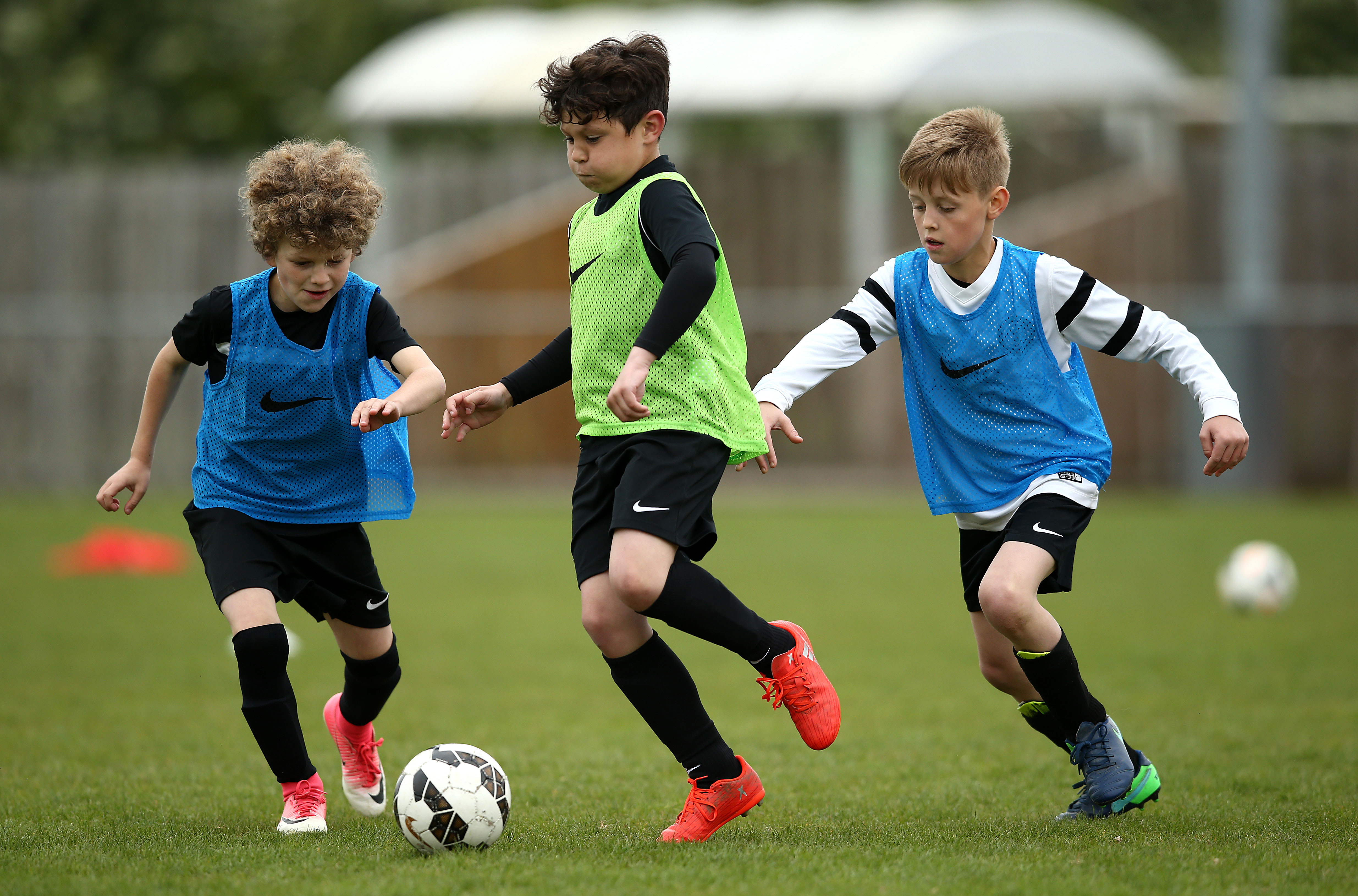GUIDES

Physical development: your players' perspective
- The Boot Room
- 13 July 2017
Children are not mini adults – and this is never more apparent than when you watch a very young team play football.
In this situation, you’re likely to see a game:
- with no real flow, pattern or momentum
- that’s littered with mistakes, miskicks, unusual decisions
- where the ball is often out of play.
However untidy this looks, it’s a great reminder that your team have a lot to learn and that you should avoid imposing an adult version of the game at this age. Whenever you watch children in training and matches, remember to consider how they view the world and how they may be feeling.
To explore some common ideas and behaviours from young Foundation Phase players – and how you can provide support – select the statements below.
As a coach, it's important that you understand that your players are on a learning journey: accept each child for who they are and recognise the ability, enthusiasm and commitment they bring to your sessions.
Next steps
- Ask your team how they feel and whether they're facing any challenges – you might be surprised by their response.
- Take the time to listen to feedback and think about how you can best support your players.
To learn more about Foundation Phase DNA, click here.








